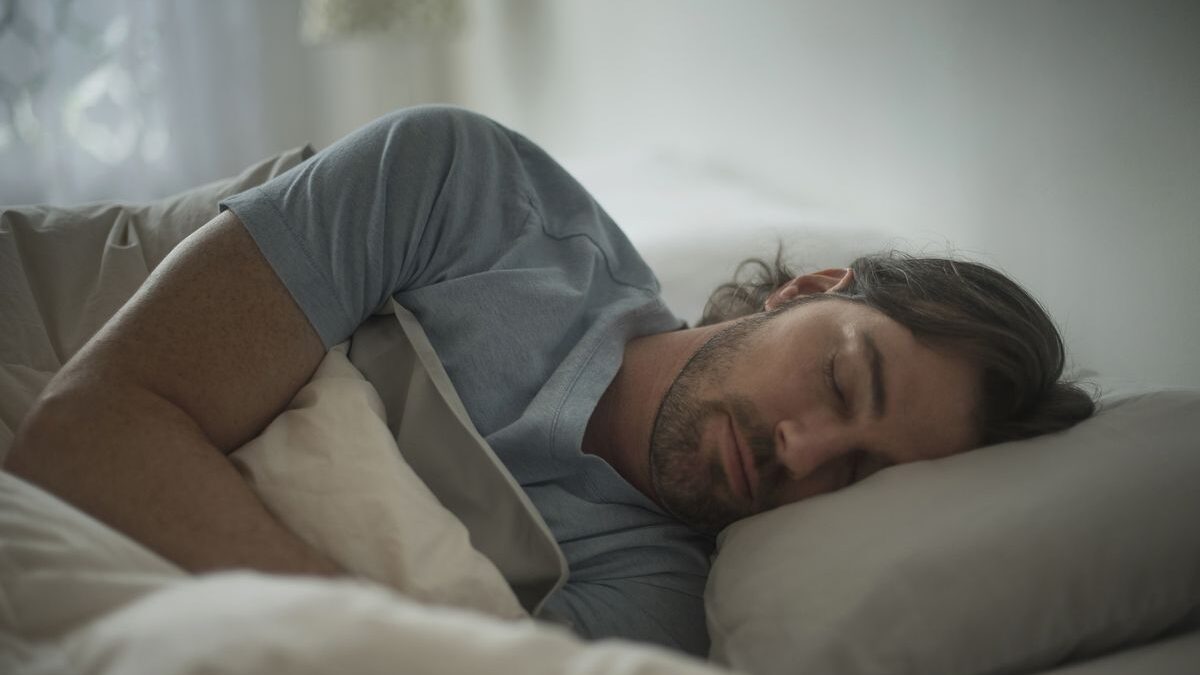Are you struggling to lose weight despite diet and exercise? The solution to your weight loss struggles might be as simple as getting a good night’s sleep. Studies have shown that there is a strong connection between sleep and weight loss. In this article, we’ll explore the scientific evidence linking sleep and weight loss, and how you can use this information to improve your own health and reach your weight loss goals.
Sleep and Hormonal Imbalance
Lack of sleep can lead to hormonal imbalances in the body, which can negatively impact weight loss efforts. The hormone cortisol, which is known as the “stress hormone,” is produced in higher levels when you don’t get enough sleep. Cortisol can lead to increased appetite, cravings for high-fat, high-sugar foods, and can cause the body to store fat.
In addition, lack of sleep also disrupts the production of the hormone leptin, which regulates hunger and feelings of fullness. When you don’t get enough sleep, your body produces less leptin, leading to increased feelings of hunger and cravings.
Sleep and Metabolism
Sleep also plays a crucial role in regulating metabolism. When you’re sleeping, your body burns calories at a slower rate, which is why it’s important to get enough sleep if you want to maximize weight loss. Studies have shown that people who get less than seven hours of sleep per night have a slower metabolism and are more likely to be overweight.
Moreover, sleep deprivation can lead to insulin resistance, which can prevent your body from effectively using insulin to regulate blood sugar levels. This can increase the risk of type 2 diabetes and make it harder to lose weight.
Sleep and Exercise
Exercise is a crucial component of any weight loss plan, but lack of sleep can negatively impact your ability to exercise and make it harder to reach your fitness goals. When you’re sleep-deprived, you have less energy, which can make it harder to find the motivation to exercise. In addition, lack of sleep can lead to decreased muscle strength and endurance, which can make it harder to perform physical activity.
How to Improve Your Sleep for Better Weight Loss Results
So, how can you improve your sleep to support your weight loss goals? Here are a few tips:
- Stick to a regular sleep schedule: Going to bed and waking up at the same time every day can help regulate your body’s natural sleep-wake cycle and improve the quality of your sleep.
- Create a sleep-conducive environment: Make your bedroom dark, quiet, and cool to help promote sleep.
- Limit screen time before bed: The blue light emitted by electronic devices can interfere with the production of the sleep hormone melatonin and make it harder to fall asleep. Try to limit screen time in the hour or two before bed.
- Avoid caffeine and alcohol before bed: Both caffeine and alcohol can interfere with the quality of your sleep and make it harder to fall asleep.
By following these tips, you can improve the quality of your sleep and unlock the secrets to a better body and successful weight loss. At PureHealth Research, we believe that good health starts with good sleep. By taking care of your sleep, you can take care of your health and reach your weight loss goals.

